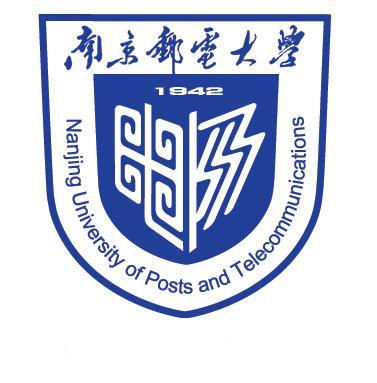Nanjing University of Posts and Telecommunications (NJUPT), which is selected in China's Double First Class Project for building world-class universities and disciplines, has made remarkable contributions to the founding and development of the People’s Republic of China. NJUPT is also on the province’s list of universities for prior development. Its predecessor was the Wartime Postal Administration Cadre Training Class located in Shandong Anti-Japanese Base, which was established in 1942 and one of the earliest schools of the CPC and its army for training proper telecommunication talents. In 1958, she was converted into Nanjing Institute of Posts and Telecommunications upon the approval of the State Council. In April 2005, she was renamed as Nanjing University of Posts and Telecommunications. Once a key university under direct jurisdiction of the Ministry of Posts and Telecommunications(now the State Post Bureau) and the Ministry of Information Industry(now the Ministry of Industry and Information Technology), the institute was in February 2000 turned over to the co-administration by the central and local government(Jiangsu Government), with the latter assuming main responsibilities. In October 2013, NJUPT incorporated Nanjing College for Population Program Management. NJUPT adheres to the spirit of “Reaching out to the world while striving persistently for perfection”, follows through the motto of “morality, persistence, practicality and sincerity”, and lives out the ethos of “diligence, practicality, progression and innovation”. NJUPT is engineering-oriented with a focus on information technology, integrating such disciplines as science, engineering, economics, management, literature, education, art and law, and offers multi-layered educational programs leading to bachelor’s, master’s, and doctor’s degrees, as well as post-doctor’s positions. The university is located in Nanjing, a historically and culturally rich city, and owns four campuses, namely Xianlin campus, Sanpailou campus, Suojincun campus and Jiangning campus. NJUPT has 21 schools (departments, research centers, etc.) as well as an independent college (Tongda College of NJUPT).



